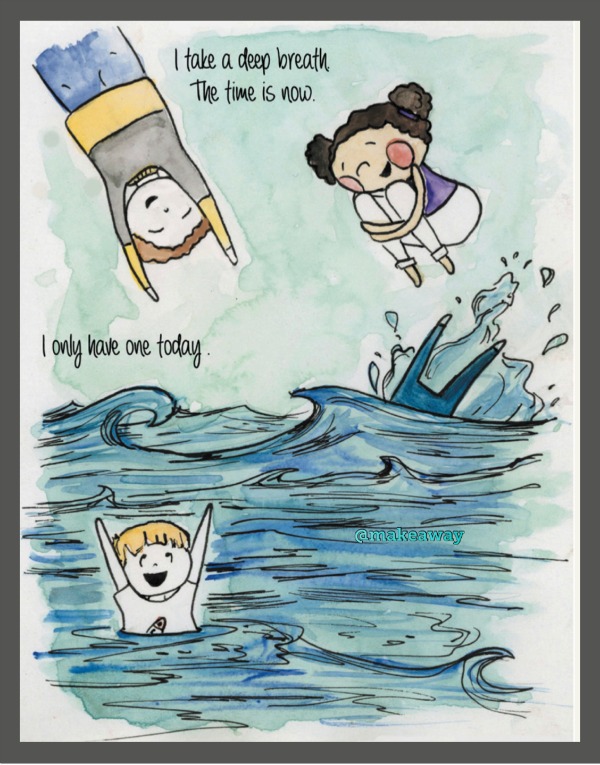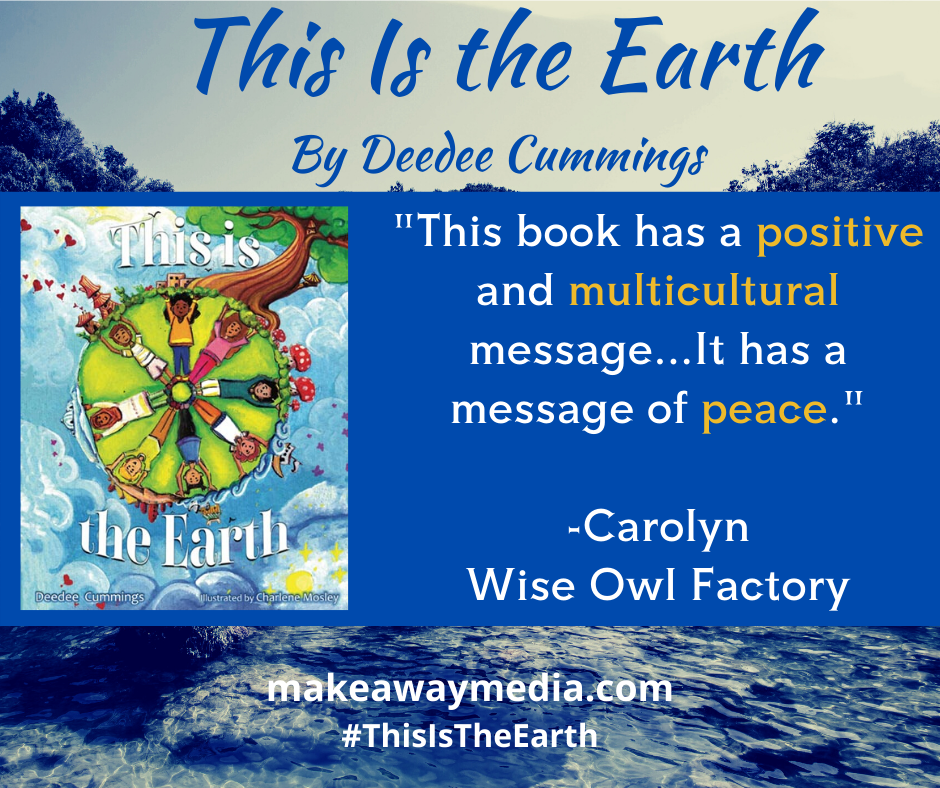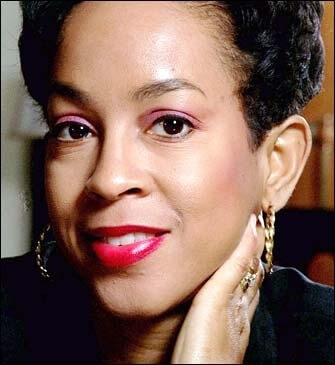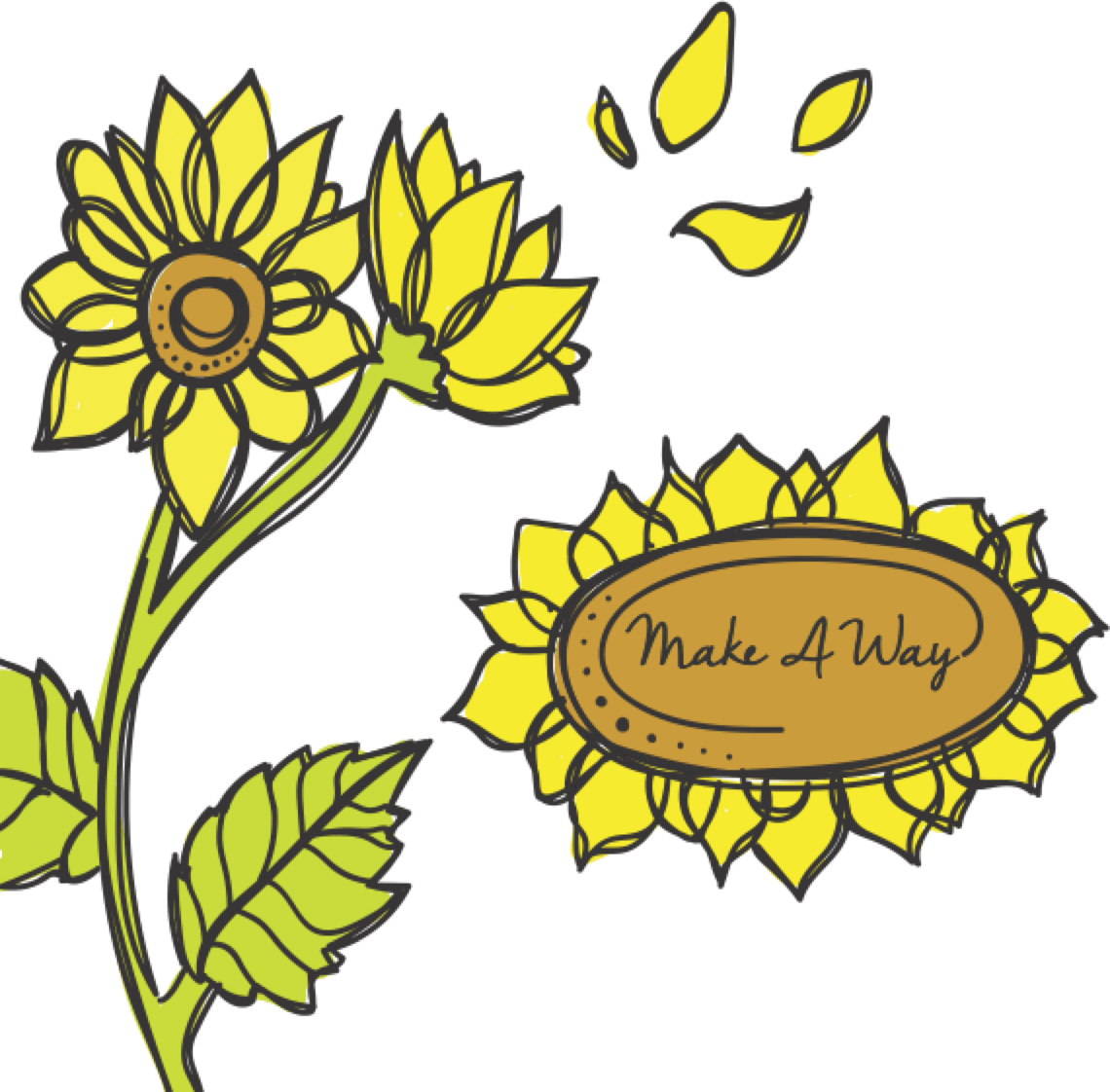“Once my loved ones accepted the diagnosis, healing began for the entire family, but it took too long. It took years. Can’t we, as a nation, begin to speed up that process? We need a national campaign to destigmatize mental illness, especially one targeted toward African Americans…It’s not shameful to have a mental illness. Get treatment. Recovery is possible.” –Bebe Moore Campbell, 2005
Bebe Moore Campbell was an author. In fact, during my 20’s she was one of my favorite authors. Your Blues Ain’t Like Mine and Brothers and Sisters were my two favorite books. Campbell’s works of fiction would often relay the harmful impact that racism would inflict on individuals and their relationships.
Minority Mental Health Month
I’m a therapist so I hear a lot of people talking about Minority Mental Health Month, but only this year did I learn that it was actually started by Bebe Moore Campbell who was an advocate of mental health and the co-founder of NAMI Urban Los Angeles.
Bebe received NAMI’s 2003 Outstanding Media Award for Literature in recognition of how her writing highlighted mental health issues. Sadly she passed away in November 2006, but what a legacy to leave behind. Bebe spent her career stressing the importance of mental health education and the need for the support of individuals in diverse communities.
After I read about her and this work, I sat in silence for a long time. I thought about the impact that one person really can have on this world. Even long after they are gone. I thought about the fact that I am an author, a therapist, and a minority. What is my calling? What am I supposed to do with this new information I learned?
After mulling it over, it became clear why Bebe did exactly what she did. She used her talents and her platform to amplify a subject that not many were focusing on: Minority Mental Health. It screamed louder to me now because of our current climate.

Wisdom for Minority Mental Health Month
In doing research for this article I went to the Mental Health America website for some background and was kind of taken aback to see this atop every single page on their site:
Mental Health America understands that racism undermines mental health. Therefore, we are committed to anti-racism in all that we do. This means that we pledge to work against individual racism, interpersonal racism, and institutional racism in all their forms.
Another platform being used to highlight what needs to be said. Why was I taken aback?
Because people like me have experienced racism in many forms for our entire lives and it has never been blasted everywhere like it is now. It is a validation that my experiences were real and important, and they have had an effect on me. On us.

Maybe that is what I am supposed to share during this period of reflection for Minority Mental Health Month.
That things are getting better because they are being amplified. Things are getting better because there is acknowledgment.
We still have so much work to do, but, Bebe’s work was not in vain, and though she has been gone now for over a decade, you are reading about her now.

Maybe you will go check out one of her books.
Maybe you will also help to amplify this message.
Maybe you will check on one of your BIPOC friends and make sure they are getting the mental health care they need. Tell them that there is no shame in seeking treatment for what ails you.
Maybe we are just a little better.
Recovery is possible.
Our gift to YOU: This is the Earth FREE Downloadable Home and Classroom Discussion Questions about Peace.
Sign up HERE!





